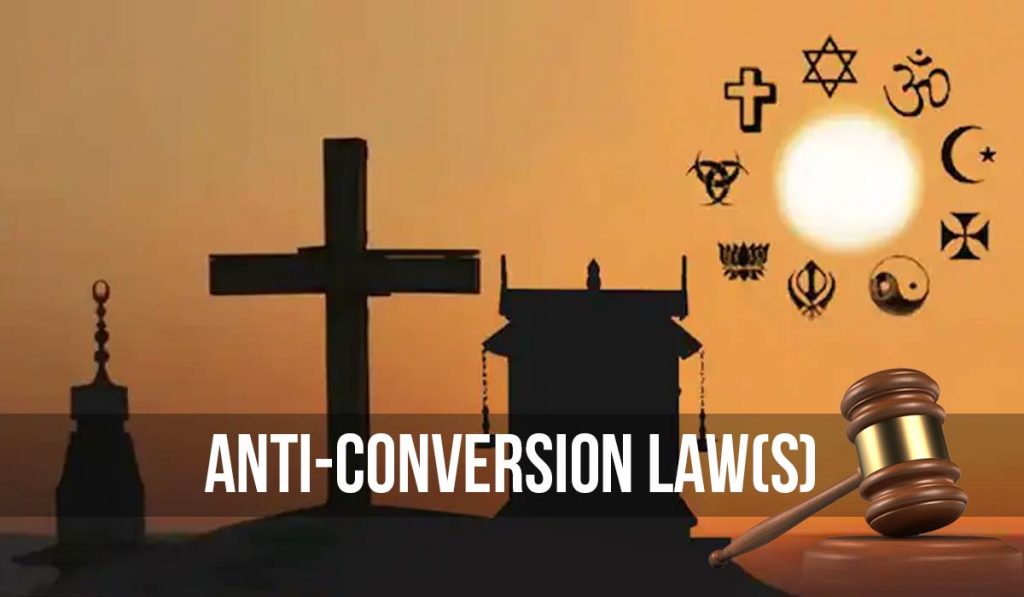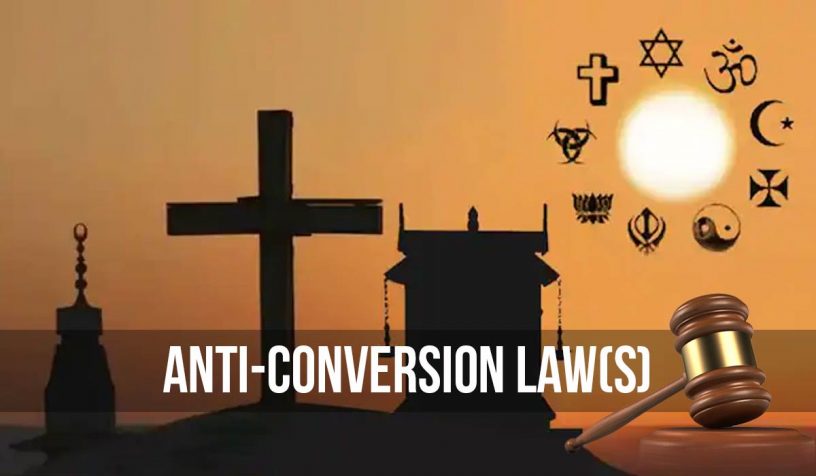
The key to preventing the phenomenon of conversion for marriage lies not in enacting draconian legislations but in streamlining and simplifying procedures under the Special Marriage Act, 1954, say the authors.
Authors
Saumya Uma, Professor, Jindal Global Law School, O.P. Jindal Global University, Sonipat, Haryana, India.
Niti Saxena, human rights lawyer and researcher; formerly with Association for Advocacy and Legal Initiatives, Lucknow, India.
Summary
The article examines the legal ramifications of the recently promulgated Uttar Pradesh Prohibition of Unlawful Conversion of Religion Ordinance, 2020, by juxtaposing popular perceptions of inter-religious marriages as “dishonourable” to the concerned families and communities, with a feminist perspective of women’s agency and exercise of choice in marriage.
It argues that the key to preventing the phenomenon of conversion for marriage lies, not in enacting draconian legislations that arm the state machinery with arbitrary powers, but in streamlining and simplifying procedures under the Special Marriage Act, 1954 that allow for inter-religious marriages without religious conversion of either person.
Published in: Economic & Political Weekly
To read the full article, please click here.


